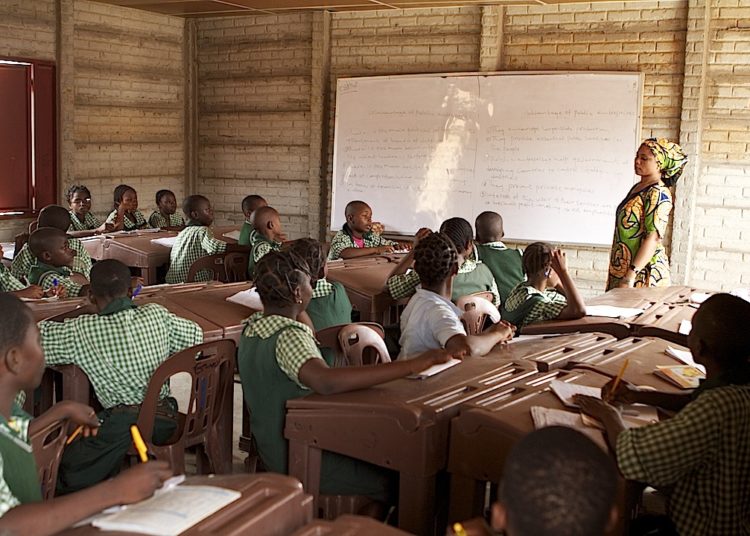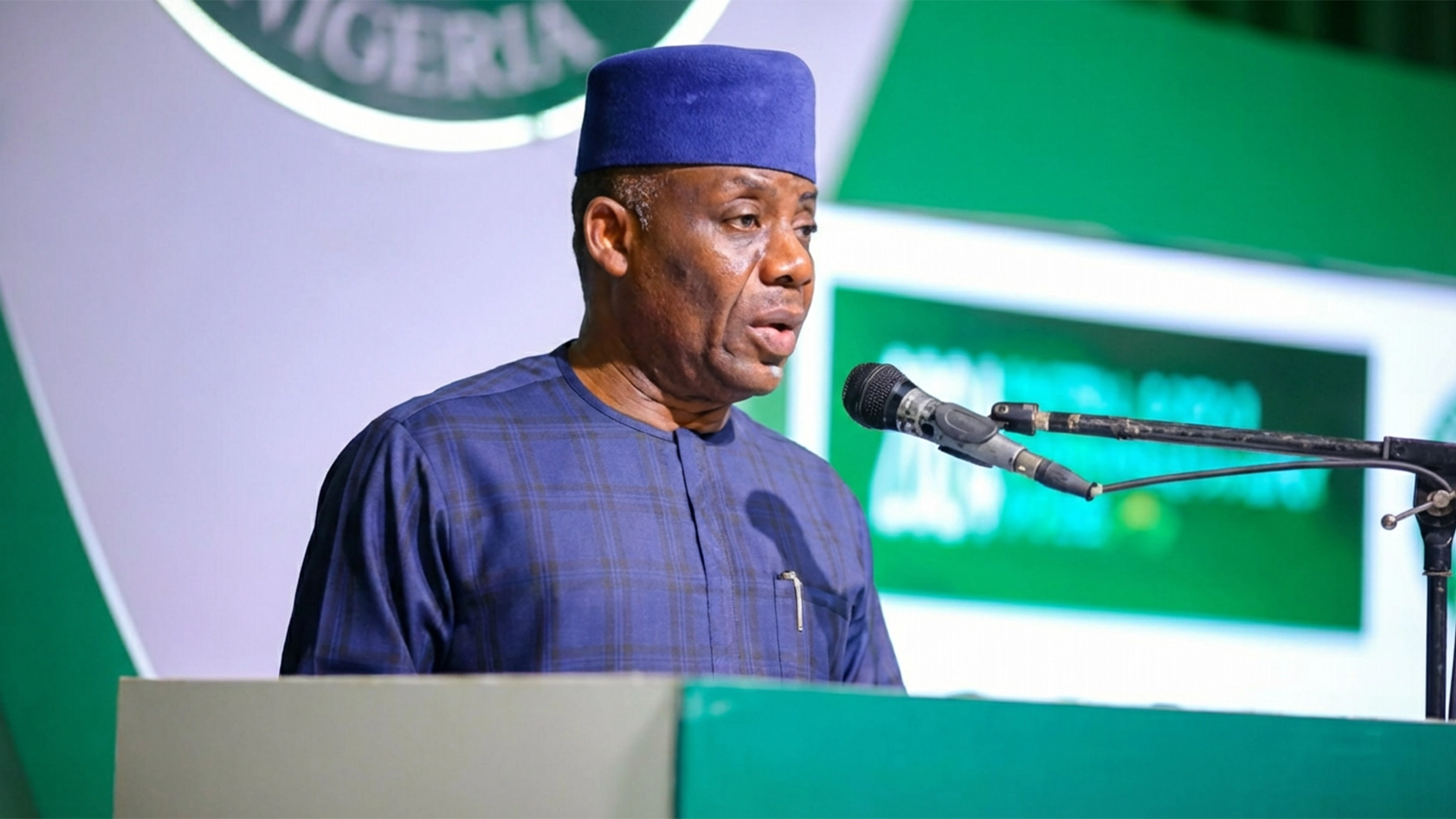 Controversies being generated by current debates over the authenticity and veracity of past events in the country tend to confirm the place of History as a veritable subject in Nigerian schools. It is such a pity that millions of Nigerian students had been denied the knowledge of the background and fundamentals of their country, courtesy of an obnoxious policy removing the History subject from schools’ curriculum. While the huge misnomer has been corrected on paper through a reversal of the policy, it remains to be seen if indeed it has been adequately reflected in practice.
Controversies being generated by current debates over the authenticity and veracity of past events in the country tend to confirm the place of History as a veritable subject in Nigerian schools. It is such a pity that millions of Nigerian students had been denied the knowledge of the background and fundamentals of their country, courtesy of an obnoxious policy removing the History subject from schools’ curriculum. While the huge misnomer has been corrected on paper through a reversal of the policy, it remains to be seen if indeed it has been adequately reflected in practice.
Events in the last few years have shown that lack of a reasonable grasp of history will only widen the gulf of animosity. Furthermore, the fact that history keeps repeating itself in many aspects of Nigerian life, even as public officials and politicians conflate facts of history to manipulate citizens, has thrown the country into a crisis, a sad reflection of the poor state of historical knowledge amongst Nigerians. Indeed Nigeria’s crisis is now a crisis of incoherence borne out of the failure to know, understand and appreciate history.
Nigeria, during the 2009/2010 academic session, removed the study of history from primary and secondary schools’ curriculum. Official reasons are given then were, among others, that students shun the subject; only a few jobs were available for history graduates, and that there is a dearth of history teachers. Lamentably, Nigeria today has no official account of the 1967 to 1970 civil war.
Seven years after, the government decided that the decision was wrong, and in 2017, the Nigeria Education Research and Development Council (NERDC) announced it was set to reintroduce history as a subject, beginning from the 2018/2019 academic session.
The NERDC Executive Secretary, Prof. Ismail Junaidu, had stated that the curriculum would be standalone that would be taught from primary one to JSS III after the National Council on Education (NCE) had approved the reintroduction of the subject. In 2018, the Federal Government unveiled a new curriculum for the teaching and learning of the subject in basic schools across the country. The new curriculum was approved at the 63rd meeting of the NCE, which held in Kano in June 2017.
Given the events that played out in the last 40 years, it would seem that the ban placed on the teaching of history in Nigerian schools was calculated, deliberately or otherwise, to impose collective amnesia on the people and mentally dislocate Nigerians. The World Bank could not have meant well for the country when in 1980, it insisted on the restructuring of the educational curriculum on the pretext of the non-viability of history as a course of study. Such a decision only prepared the ground for the economic dependence Nigerians have found themselves today.
According to professor of Legal History at the Obafemi Awolowo University (OAU), Ile-Ife, Dr Akin Alao: “A country without a sense of history is a soulless country. It could safely be said that many of the challenges facing state and nation-building efforts in Nigeria are a result of the neglect of history. History of inter-group relations in Nigeria has confirmed the extent of interactions among Nigerian ethnic groups or nationalities long before the imposition of colonial rule. It would have been the duty of History as a subject in schools, to bring these truths to young Nigerians to influence their understanding of life and what roles they could play in cementing the relationship among groups.” This submission is faultless.
The paradox is that countries that pull the strings at Brentwood’s institutions did not and have not scrapped history as a subject in the educational curriculum of their countries. In fact, it is even made compulsory at freshman year in their universities. They are aware, like all visioners of powerful civilizations, that history is the bedrock of education, without which a country does not and cannot grow. From the family to the state, history has been the great teacher of civilization. Children can hardly learn without history; states cannot make policies without recourse to history. Thus the claim that history is non-viable to economic development is spurious.
As a subject of study and as an intellectual means of political, social and economic development, history is viable, not just for mere certification, but rather on its significance for intellectual rebirth and cultural revival that will enable the country’s educational system to enrich the mind of young Nigerians. Proper historical awareness will enable every Nigerian to know that the country belongs to all, and not just to a set of mischief-makers attempting to falsely rewrite history; thus creating room for a better understanding of Nigeria.
History is premised also on the need for proper documentation for Nigerians from all walks of life, even if palatable. When history is defective in content or form, it can be corrected, as Nigerians have done in the past. Importantly, it will enable people to move on and solve problems with due regard and dignity to the people.
The return of history into primary and secondary schools has expectedly come with some enthusiasm. In furtherance of this renewed enthusiasm, compulsory but genuine teaching of the history of the country should be pursued as a matter of policy by the ministries of education, information and culture and their parastatals. This is necessary to preserve the cultural and intellectual repositories of this country for posterity.
As a complement, state governments, in collaborations with private sector initiatives, should take the ambitious step of setting up mini-museums of history in different local government headquarters, as practised in more enlightened societies. This will also facilitate education tours and present an ingenious way of being acquainted with history.






